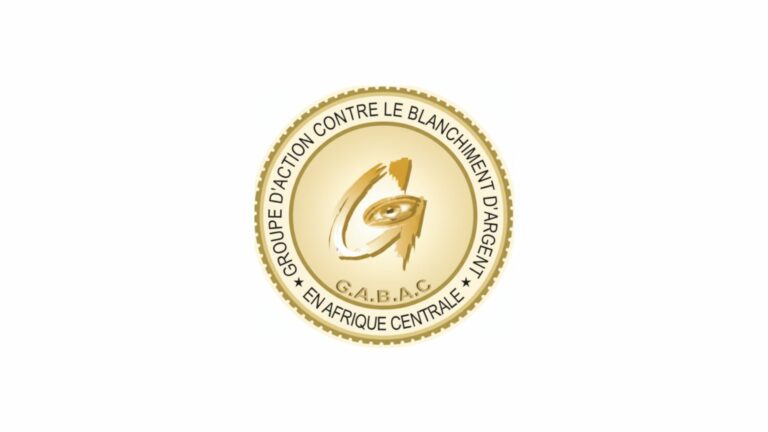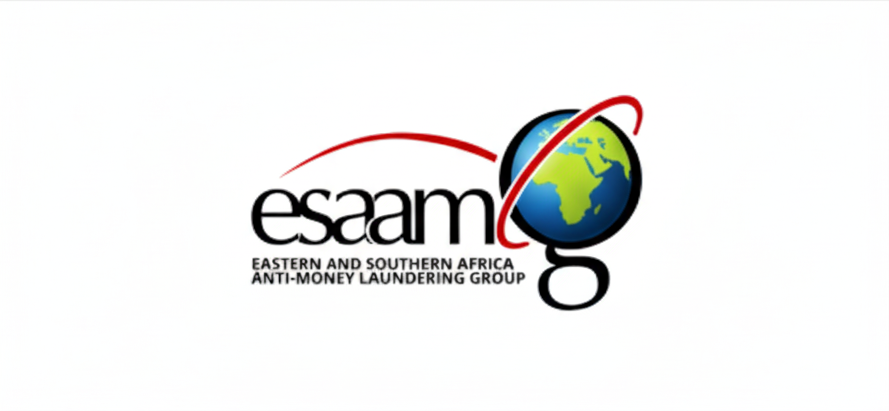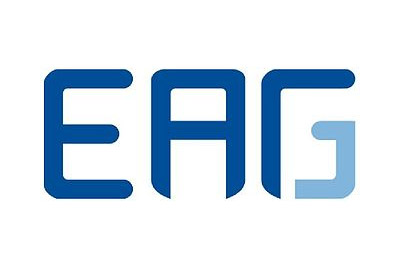
The Financial Action Task Force — FATF — has among its objectives the establishment of standards in the field of anti-money laundering and counter-terrorist financing. Likewise, it promotes the adoption of legal and operational measures aimed at this purpose. In order to develop these guidelines, the FATF established the 40 Recommendations. This post analyses Recommendation 18, which addresses internal controls, as well as foreign branches and subsidiaries.
Continue reading “FATF Recommendation 18: Internal controls, foreign branches, and subsidiaries”








